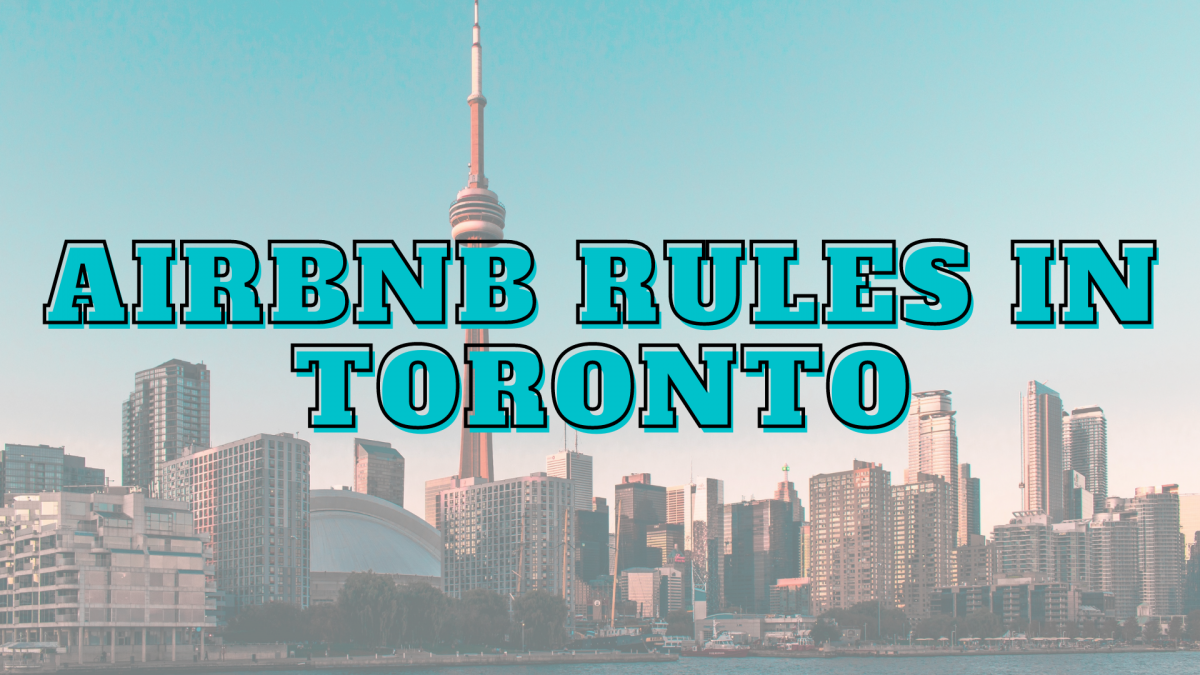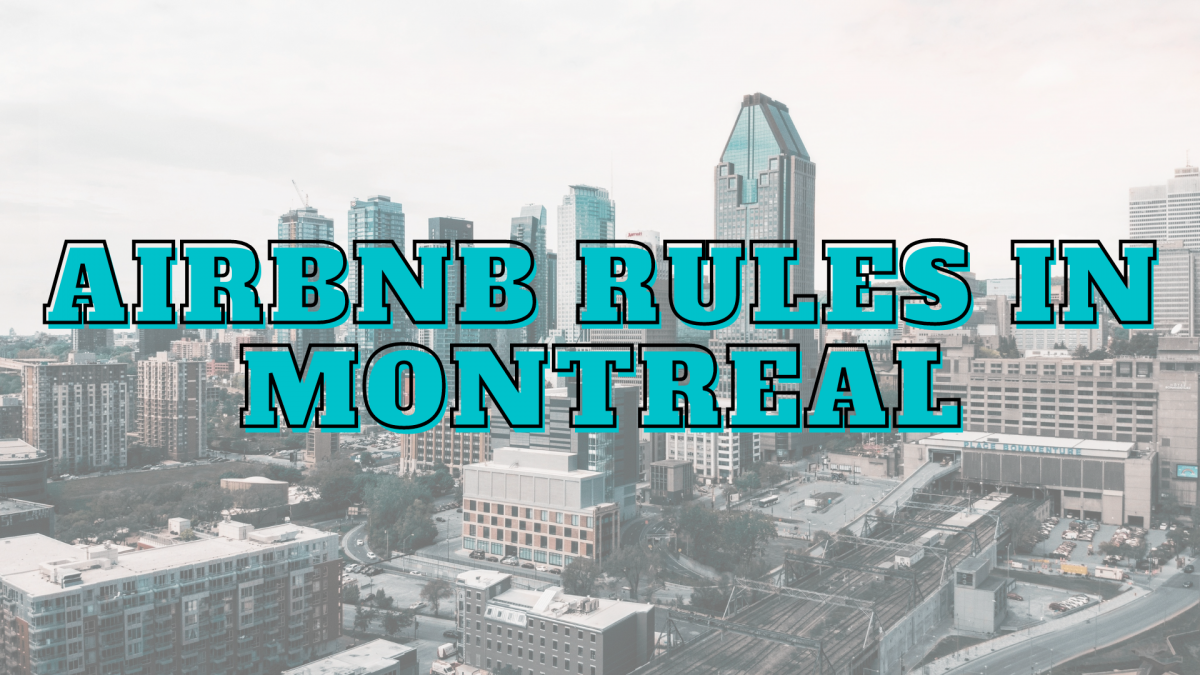Welcome back to another episode of Into The Airbnb, where we chat with Airbnb hosts about their short-term rental experience. Our guest for today is Robert Montana, an experienced Airbnb host and creator of JauntDirect. JauntDirect allows the host to put up their listing and all the platforms it is on, like Airbnb VRBO, or […]







